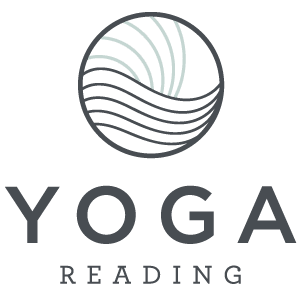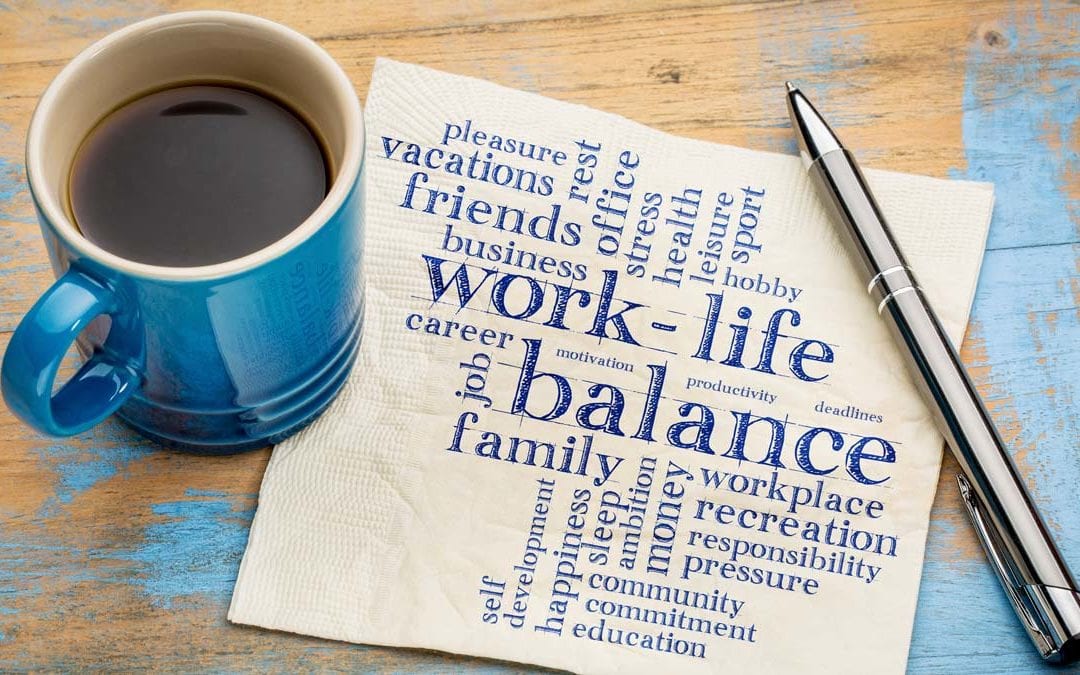Our workforce and organisations are sick, depressed and stressed…
According to the latest Government figures from the Labour Force Survey:
The total number of cases of work related stress, depression or anxiety…was 488,000 cases. The total number of working days lost …was 11.7 million days….Stress alone equated for 37% of all work related ill health cases and 45% of all working days lost due to ill health[1].
It’s become clear that ensuring job satisfaction and ultimately securing high productivity and retention requires more than increased pay. In their 2017 findings on reward and pay, CIPD (The Chartered Institute for Personnel and Development), state that:
Modern research indicates that individuals are attracted, retained and engaged by a whole range of financial and non-financial rewards and that these can change over time depending on personal circumstances. [2]
Through my yoga work, I have seen a significant increase in the number of requests for our office yoga and movement packages along with an increase in multi-disciplinary “well-being days” where we help promote the concept and tools for a rounded approach to complete health. The rhetoric around what a healthy and productive workplace looks and feels like is starting to change. Slowly perhaps, but it is definitely changing.
Where this well-being work is most successful we see the management structure within the company fully embracing and taking part in what we have to offer. Incorporating, for example, a weekly yoga class in the work timetable, providing free access to all staff and potentially adjusting corporate expectations, even if they are unwritten expectations, around appropriate times to finish work or schedule meetings.
The well-being of everyone becomes part of the work-culture of that organisation and it’s not just a matter of paying lip service to the ethos of work-life balance.
Some companies are taking it yet further by making well-being part of the fabric of the place of work itself. For example, Thames Tower, the new office building that faces onto Reading station offers a range of wellbeing activities to their tenants. Here it’s the building management company taking responsibility for this offer and they are honest about the reasons why – James Sliver, Development Director at Landid explains:
“We believe that businesses today expect much more from their workspace and that providing really great amenities is hugely important to tenant satisfaction. We want people to enjoy coming into work and not watch the clock – and occupiers understand that having a healthy, vibrant and fun space to work is now crucial if they want to attract and retain the best people.”
The feedback from staff shows that this creative approach to their working environment is valued and having a tangible impact on their well-being:
“I really look forward to our weekly yoga classes in Thames Tower, there’s no better way to end the day than switching off and having a good old stretch.”
“I was given advice from my Chiropractor to start Yoga to help my bad back … we now have a free session which is very convenient after work and I feel it has made such an improvement in my posture and back pain. It also makes you release any stress from your day to day life”
In my opinion, valuing the health of the people within your organisation is a smart way to improve the health of the business as a whole. Certainly, from what I’ve seen, the organisations who are having genuine conversations about well-being at work and engaging with health professionals to innovate are coming up with really exciting solutions – and the results for individuals and the business as a whole can be truly transformative.
Katia Major – August 2017
Katia is an ashtanga and yin yoga teacher and co-runs Yoga Reading
- Source: hse.gov.uk/statistics/causdis/stress/ ↑
- Chartered Institute for Personnel and Development: cipd.co.uk/ ↑



RECENT COMMENTS